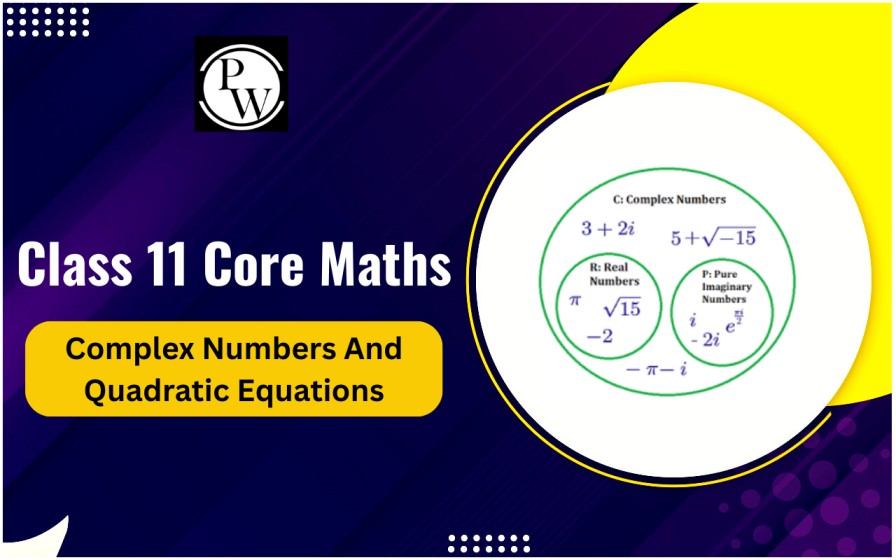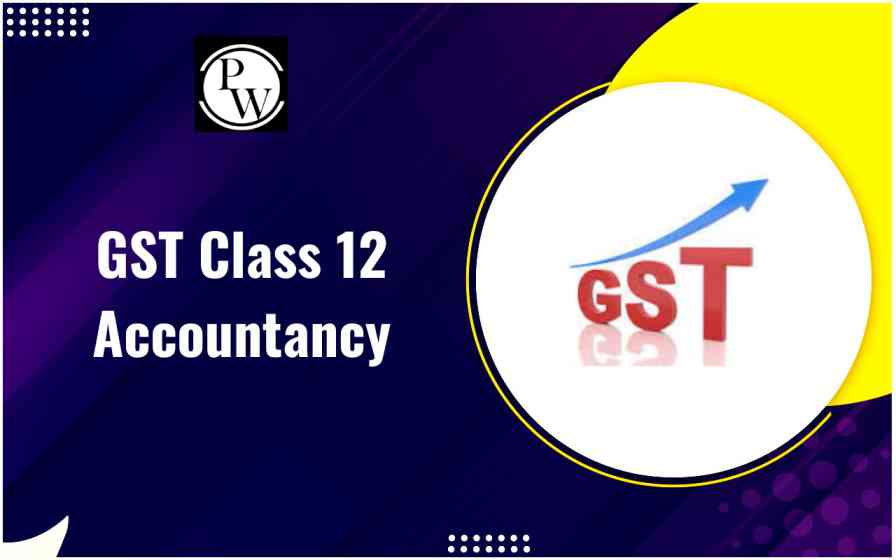

The way economic activities are structured forms a crucial foundation for any economy. It involves the allocation of resources, the management of production, and the distribution of products and services in a society. This structure is impacted by several variables such as government laws, market pressures, and the decisions made by people and enterprises, generating a sophisticated web of interconnections.
Economic Activities Meaning
People engage in various activities daily, ranging from work for sustenance to personal pursuits for fulfillment and joy. Generally, activities conducted for earning a livelihood are considered economic, while others are non-economic.
Economic activities are characterized by rationality and self-interest, involving a calculation of the returns obtained. In contrast, non-economic activities are driven by emotions or considerations for others. Religious, charitable, social, patriotic, and recreational activities fall into the category of non-economic pursuits.
Understanding Organization of Economic Activities
The market serves as the fundamental organizing force in all economic pursuits. It provides a place where people engaged in different economic activities such as farming or manufacturing can exchange goods and services among themselves. There should be a consensus between the sellers and the buyers as to what prices to set for the products and services.
In the organization of economic activities, essential matters can be resolved through the voluntary interactions of people pursuing their individual goals, as seen in market transactions. Alternatively, these matters can be managed by central authorities like the government, guiding the economic activities.
Classification of Organization of Economic Activities
The organization of economic activities can be categorized into two main types:
Centrally Planned Economy
The centrally planned economy is an economic system where a centralized authority, often a government, determines the choices surrounding the production and distribution of commodities and services. This is unlike what occurs in a market economy, which is where such choices are normally decided by firms and customers instead of the government.
In centrally planned economies, a state-owned firm may be employed to produce commodities or provide services to the public. In the command economy, officials are empowered to price certain commodities and services.
Advantages of a Centrally Planned Economy:
Price Control: Prices are regulated in a centrally planned economy, allowing the government to set prices across the board without solely relying on supply and demand.
Equal Opportunities: In a centrally planned economy, individuals have equal opportunities to pursue their aspirations, and choices related to employment, housing, and products are less influenced by individual financial means.
Looking for the Best Commerce Coaching?
Enroll Now in PW Commerce Batches!
Market Economy
A market economy is an economic framework where economic decisions and pricing for goods and services are primarily determined by the interactions of a nation's people and legal entities. In this system, the government or central planning plays a minimal role.
Advantages of a Market Economy:
Workplace Efficiency: Compared to other economic systems, a market economy fosters enterprise productivity. With a smaller and more restricted role for government, greater efficiency, enhanced competition, and cost reduction can be achieved. Competition encourages businesses to cut costs and increase sales to boost profitability.
Strategic Innovation: Market-based economies promote innovation as companies and individuals strive to gain a competitive edge. The pursuit of profit encourages the development of new goods and technologies, leading to continual advancements. Competition among businesses results in reduced prices and higher-quality products, benefiting consumers by enhancing product manufacturing and service quality.
Characteristics of Economic Activities
Let's learn some key traits that differentiate economic activities from non-economic ones.
Income Generation:
Economic activities inevitably result in some form of income. While this income doesn't always have to be monetary and can come in various forms, it signifies economic activity. For instance, a laborer receiving crops for working on a farm represents an economic activity.
Productivity:
Economic activities are inherently productive; they involve the production of goods and/or services contributing to livelihood. Whether it's factory workers producing goods, software engineers offering services, or teachers providing educational services, these activities are productive. Even if the production is for personal consumption, it is considered economic as it adds to the overall market supply
Consumption as Economic Activity:
Consumption plays a pivotal role in the market dynamics. It drives demand, leading to the production and supply of goods and services. The act of consuming goods not only fulfills individual needs but also fuels competition and innovation, resulting in the introduction of superior products. Hence, consumption is inherently linked to economic activities as it stimulates production.
Savings, Investment, and Wealth Creation:
Economic activities involve the concept of savings, wherein a portion of income is set aside. The savings are then placed in saving accounts, stocks, real estate and Mutual funds to end up with wealth. These savings are lent to people and businesses so that they can invest in their affairs which leads to economic growth as well as economic activities in the country.
| Read Related Topics | |||
| Not for Profit Organizations | Census and Sample Survey | Tabulation | Capital Structure |
| Cash and Cash Equivalents | Economic Systems | Marketing Mix | How to Prepare Trial Balance |
Economic Activities FAQs
What are the 3 fundamental economic activities?
Who is the father of economics?
What are the two categories of economics?
What are the four components of economics?
What are 4 instances of inflation?












